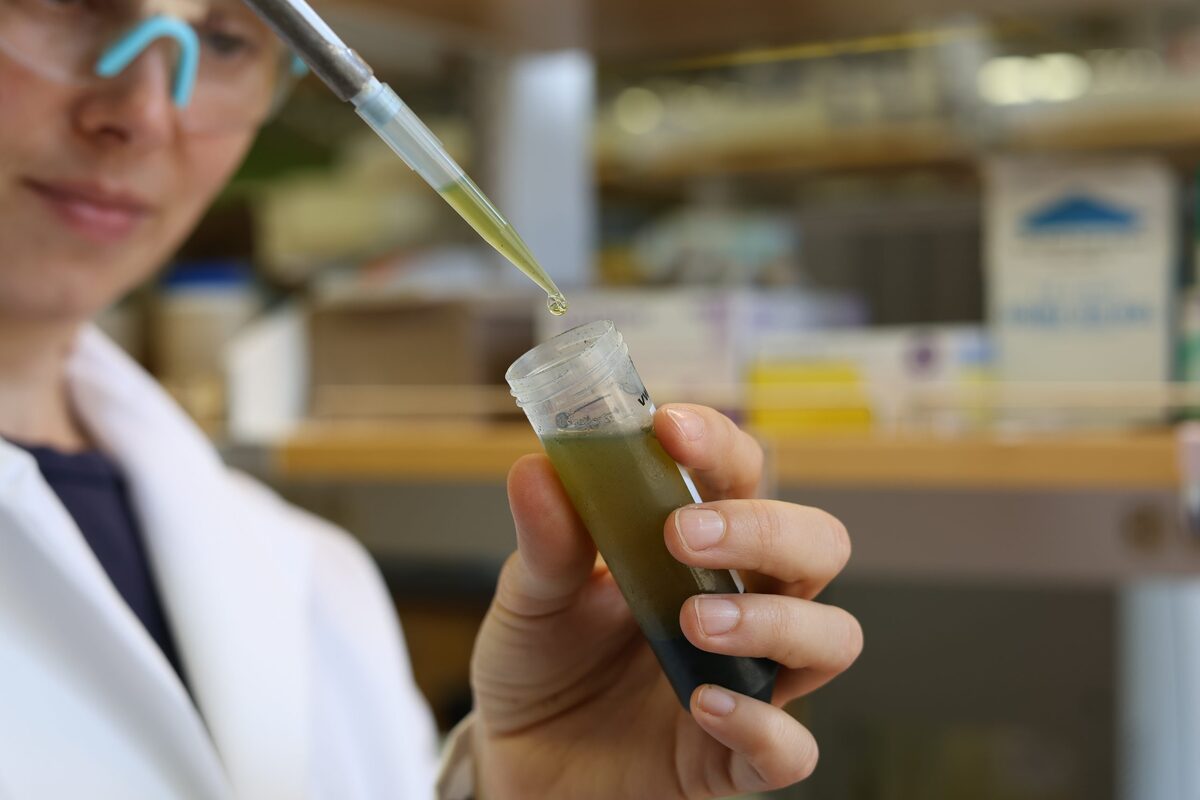Revolutionizing Fuel Cell Recycling: A Breakthrough in Sustainable Energy Innovation
Key Ideas
- Scientists at the University of Leicester have developed a soundwave-based technique to efficiently separate valuable catalyst materials and PFAS membranes from fuel cells, addressing environmental concerns.
- The innovation aims to revolutionize the recycling process by eliminating the need for harsh chemicals, making it both sustainable and economically viable.
- Collaboration between academia and industry, particularly with Johnson Matthey, highlights the importance of collective efforts in driving technological progress towards a greener future.
- The breakthrough contributes to a circular economy for essential clean energy components, supporting a more affordable and sustainable future for fuel cell technology amidst growing demand.
Scientists at the University of Leicester have made a significant breakthrough in fuel cell recycling by developing a technique that uses soundwaves to separate valuable catalyst materials and PFAS membranes from fuel cells. This innovation is crucial in addressing environmental concerns related to PFAS, known as 'forever chemicals,' which can pollute drinking water and pose serious health risks. By avoiding the use of harsh chemicals, the new method is not only sustainable but also economically viable, paving the way for a circular economy in platinum group metals essential for hydrogen-powered energy systems. The research collaboration between the University of Leicester and Johnson Matthey has been instrumental in driving technological progress towards a greener and more affordable future for fuel cell technology. The method's scalability and efficiency make it a promising solution for the efficient recycling of clean energy components, supporting the transition towards a more sustainable energy ecosystem.
Topics
Fuel Cells
Clean Energy
Sustainability
Research Collaboration
Environmental Conservation
Economic Viability
Technological Advancement
Circular Economy
Recycling
Latest News
